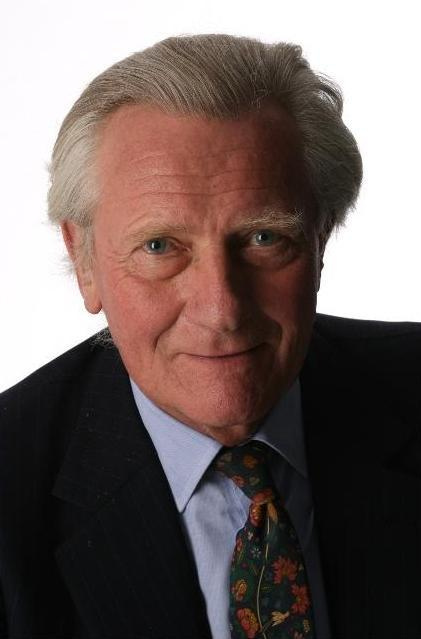Michael Heseltine – 1991 Speech on Oil Pollution in the Gulf
The statement made by Michael Heseltine, the then Secretary of State for the Environment, in the House of Commons on 28 January 1991.
Mr. Speaker, with permission I will make a statement about the United Kingdom response to the environmental damage taking place in the Gulf.
The oil spill in the Gulf appears to be the largest ever. It is 35 miles long by 10 miles wide. It appears to contain some 8 million barrels of oil and it is moving down the Gulf at 15 to 20 miles per day. Words are inadequate to condemn the callousness and irresponsibility of the action of Saddam Hussein in deliberately unleashing this environmental catastrophe.
There is a threat to desalination plants and fresh water supplies, to birds and other wildlife, to fish, sea mammals and shellfish, and to local communities dependent for their livelihoods on the sea.
With our allies, the United Kingdom is playing a full part in the world’s response to this abomination.
First, we must stem the flow of oil. The United States has already acted on this decisively and, we believe and hope, effectively.
Secondly, we must assess the way in which the oil may flow so that we can assess likely consequences. Action is in hand in the Gulf itself to do that. To supplement it, United Kingdom scientific resources are already being mobilised. Existing computer models at the Meteorological Office and Proudman oceanographic laboratory are being urgently adapted to help give the best possible predictions of the likely behaviour of the slick in the Gulf.
Thirdly, we need to assess possible effects on marine life. The United States is already sending experts. The Natural Environment Research Council is co-ordinating urgent work to bring together here in the United Kingdom information that we have on marine life and effects that could be useful in the Gulf.
Fourthly, in common with other countries, the United Kingdom is taking practical steps to help to protect desalination plants and sensitive coastal areas and inlets. The airlift of an initial 70 tonnes of equipment from the stores maintained by the oil industry will go ahead today, with a further flight tomorrow. Further material will be available if needed. My right hon. and learned Friend the Secretary of State for Transport is looking sympathetically at requests that we have received from the Saudi Government for the loan of small numbers of skilled pollution control experts and advisers. We anticipate being able to respond later today. The Department of Transport will meet European Community colleagues tomorrow to consider whether the Community should send in its standing task force of national experts on oil pollution response. We shall be urging strongly that it should do so.
For the longer term, the United Kingdom is considering now how it will be able to help with the clean-up and restoration of the habitats and human settlements affected once it is safe to do so. We are making arrangements to assess and bring together the contribution that United Kingdom bodies outside Government, whether public, private or voluntary, can make.
The first responsibility for dealing with the environmental problems facing the Gulf lies with the Gulf states themselves. We do not yet know what final form the arrangements for co-ordinating their efforts will take: matters are still developing fast. But, whatever they may be, the United Kingdom stands ready to play its full and immediate part. We shall be in touch later today with Saudi Arabia and the other states most closely involved with a first indication of the help that we can offer.
Meanwhile, the United Nations Environment Programme is today announcing its intention to take a lead on improving environmental communications and co-ordinating technical expertise. I have been in touch with UNEP to establish what we can offer by way of expert staff or other help.
On Wednesday, the Environment Ministers of the Organisation for Economic Co-operation and Development meet in Paris. I shall be calling then for all OECD members to respond to this disaster and to take action according to their experience, equipment and skills to offer help to the Gulf states likely to be affected. But there is a wider issue. It is not only war that creates risks. It seems important to recognise the ongoing dangers of environmental calamity which arise from time to time which go way beyond national frontiers.
I mean to raise with OECD colleagues the proposal that we should set up a working party to recommend what more effective preparations we could undertake to cope with these disasters. I have in mind that there should be a register setting out available expertise and available facilities on which affected nations could draw in times of crisis. In this context, we shall be pressing for an early conclusion to the work already in hand in the International Maritime Organisation to put into effect a full-scale international convention on preparedness and response in relation to oil pollution and to set up regional centres to pool resources.
The whole House will be appalled at the environmental damage threatening the Gulf. The Government are determined to do all they reasonably can to assist those faced with the consequences of this outrage. We also intend to inject a new urgency into consideration of the wider issues raised by environmental threats that require co-ordination above the national level.

